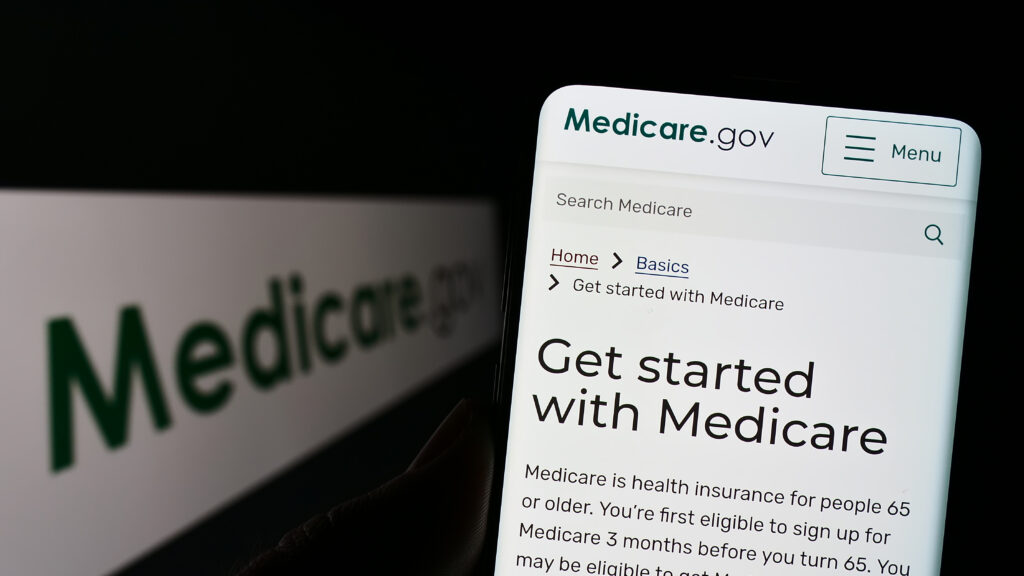Want to stay on top of the science and politics driving biotech today? Sign up to get our biotech newsletter in your inbox.
Good morning. If anything will motivate me to get through this week, it’s knowing that Simone Biles went on to nail the most difficult vault even while experiencing calf problems. That and also everyone’s new obsession over pommel horse king Stephen Nedoroscik.
advertisement
As much as I would want to continue talking about the Olympics, though, we still have biotech news to get to.
The need-to-know this morning
A GLP-1 drug may help protect the brain
A new study out this morning suggests that an older GLP-1 drug called liraglutide may help protect the brains of people with early Alzheimer’s disease.
The Phase 2 trial found that compared with the placebo group, treated patients had nearly 50% less shrinking in parts of the brain that control memory and learning and a slightly slower decline in cognitive function. It’s an early study, though, and more research will be needed to see if GLP-1 drugs can actually help treat Alzheimer’s.
advertisement
Novo Nordisk is currently running two Phase 3 trials testing the oral version of semaglutide (the active ingredient in Ozempic/Wegovy) in Alzheimer’s.
Has Medicare gotten a good deal on drug prices?
We’re coming up on Sept.1 , the deadline for Medicare to announce the drug prices it negotiated this year, the first year it was able to negotiate prices under the Inflation Reduction Act. This could be a win for Democrats to tout on the campaign trail, but how can we tell if the Biden administration actually got a good deal?
My colleague John Wilkerson brings in experts to walk us through the different factors to consider, including whether the negotiated prices actually save taxpayers money, whether they save Medicare beneficiaries money, whether they represent the value of the medication, and how they compare to prices abroad.
Guardant’s blood test still faces hurdles after approval
Yesterday, the FDA approved Guardant Health’s blood test for colon cancer, called Shield. The FDA label includes broader claims than what some observers expected, as it says that the test can be used as a first-line option. In all, it’s a big step for the field of liquid biopsy, but Shield still has to clear more hurdles before gaining widespread adoption.
CMS will need to agree to cover the test, and usage could also depend on whether the U.S. Preventive Services Task Force recommends the test and for whom. Leerink analysts predict that Shield will be a third choice among doctors after colonoscopy and a stool-based test.
Read more from Matt Herper.
Sanofi CEO calls on the EU to prioritize AI
Europe is facing “a competitiveness crisis,” Sanofi CEO Paul Hudson writes in a new opinion piece for STAT. Twenty-five years ago, one in two drugs was invented or discovered in labs in Europe, he says, while today, it’s one in six. Hudson thinks the way the EU can fix that and help the biopharma sector is to support the development of AI technologies.
He calls on the EU to design frameworks for ethical AI systems in health care settings and to coordinate data sharing in a protected cloud. He also thinks the EU should reform education in a way that prioritizes data science and AI literacy.
More reads
- Pfizer lays off 210 in North Carolina after Duchenne gene therapy flop, Fierce Pharma
- Roivant’s dealmaker lands $81M cash bonus following drug sale to Roche, Endpoints
- New cardiovascular risk model could greatly decrease use of statins and increase heart attacks, study warns, STAT
- Health care’s ‘Pepsi challenge’: Doctors’ offices are testing AI tools in head-to-head pilots, STAT

